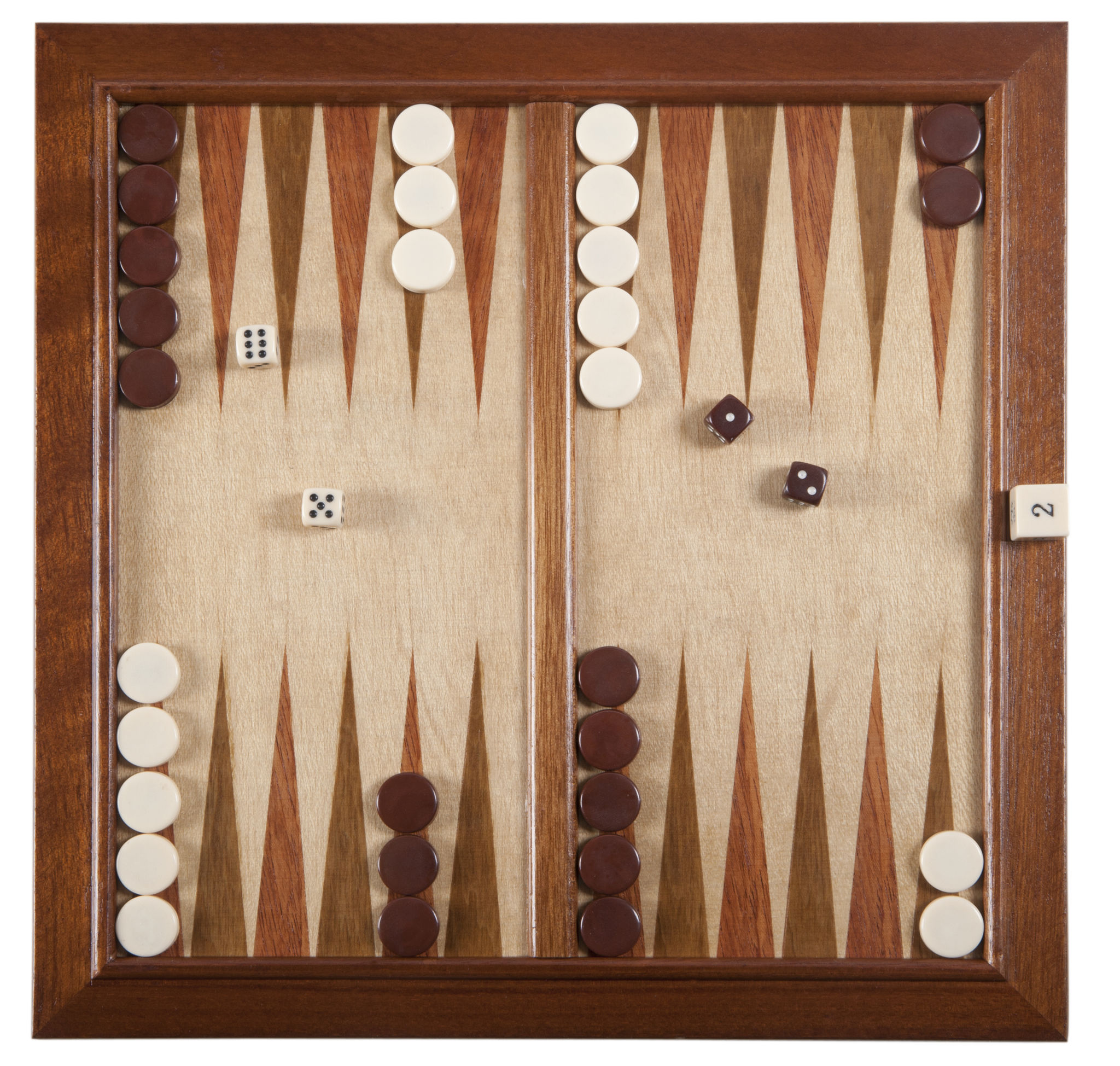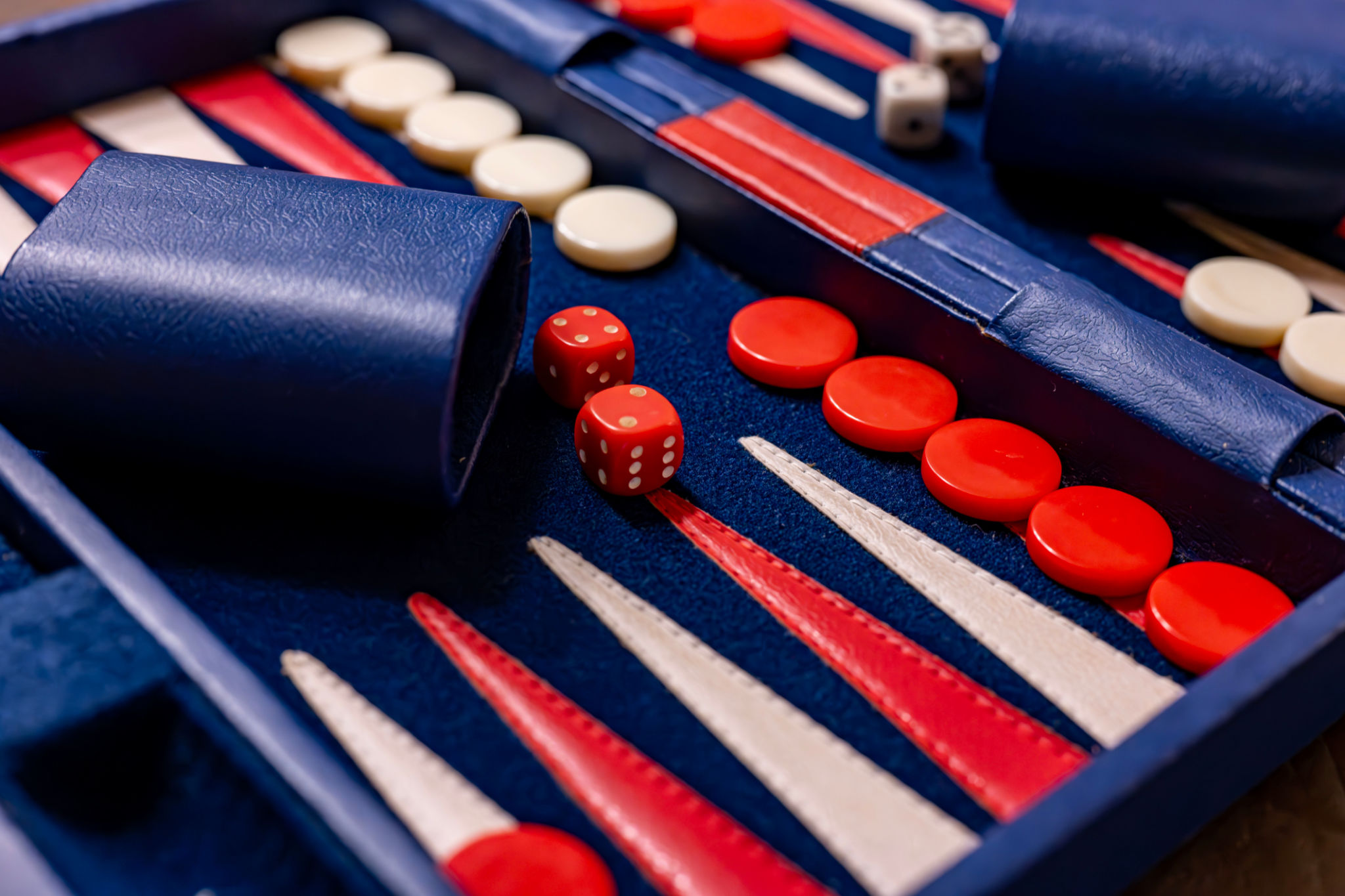Top 5 Common Mistakes to Avoid in Backgammon
Understanding the Basics
Backgammon is a game of skill, strategy, and a bit of luck. For new and seasoned players alike, it's essential to understand the basics to avoid common pitfalls. One of the most frequent mistakes is not being fully aware of the movement rules for checkers. Each roll of the dice dictates how far you can move, but understanding the strategic implications of each move is crucial.
Another basic error is neglecting to protect your checkers. Leaving your pieces open to attacks from your opponent can quickly shift the tide of the game against you. Always aim to have your checkers covered and safe from capture.

Ignoring the Doubling Cube
The doubling cube is a unique element in backgammon that can greatly influence the game's outcome. Many players either misuse it or avoid it altogether, missing out on strategic opportunities. The doubling cube allows players to raise the stakes of the game, but it requires careful consideration of your position in the match.
Ignoring the doubling cube can lead to missed opportunities for increasing your advantage or pressuring your opponent. Make sure to evaluate when using the cube will benefit your current strategy and overall game plan.
Overlooking Probability
Backgammon involves a significant element of probability, and understanding this can enhance your gameplay. A common mistake is ignoring the odds of potential outcomes when planning moves. Players often fail to calculate the likelihood of various dice rolls, which can lead to poor decision-making.

To improve your strategic approach, always consider the probability of different scenarios. This includes calculating the chances of hitting an opponent's blot or escaping from their home board. By keeping probability in mind, you can make more informed and effective moves.
Lack of Flexibility
While having a game plan is essential, so is being flexible. Many players make the mistake of sticking rigidly to their initial strategy without adapting to changing circumstances. As the game progresses, new opportunities and threats will arise, requiring you to adjust your tactics accordingly.
Adaptability is key in backgammon. Being too predictable makes it easier for opponents to counter your moves. Stay alert and ready to change your approach as needed to maintain an advantage.

Not Learning from Mistakes
Finally, failing to learn from past mistakes is a significant barrier to improvement in backgammon. Every game offers lessons, whether it's about strategy, probability management, or effective use of the doubling cube. Reflecting on your games can provide valuable insights into what works and what doesn't.
Reviewing your games—especially losses—can help identify patterns in your decision-making process that may need adjustment. By analyzing past games, you can refine your skills and develop more robust strategies for future matches.
Avoiding these common mistakes will not only enhance your backgammon skills but also increase your enjoyment of this classic game. Stay aware, be adaptable, and keep learning to make the most of each game you play.
